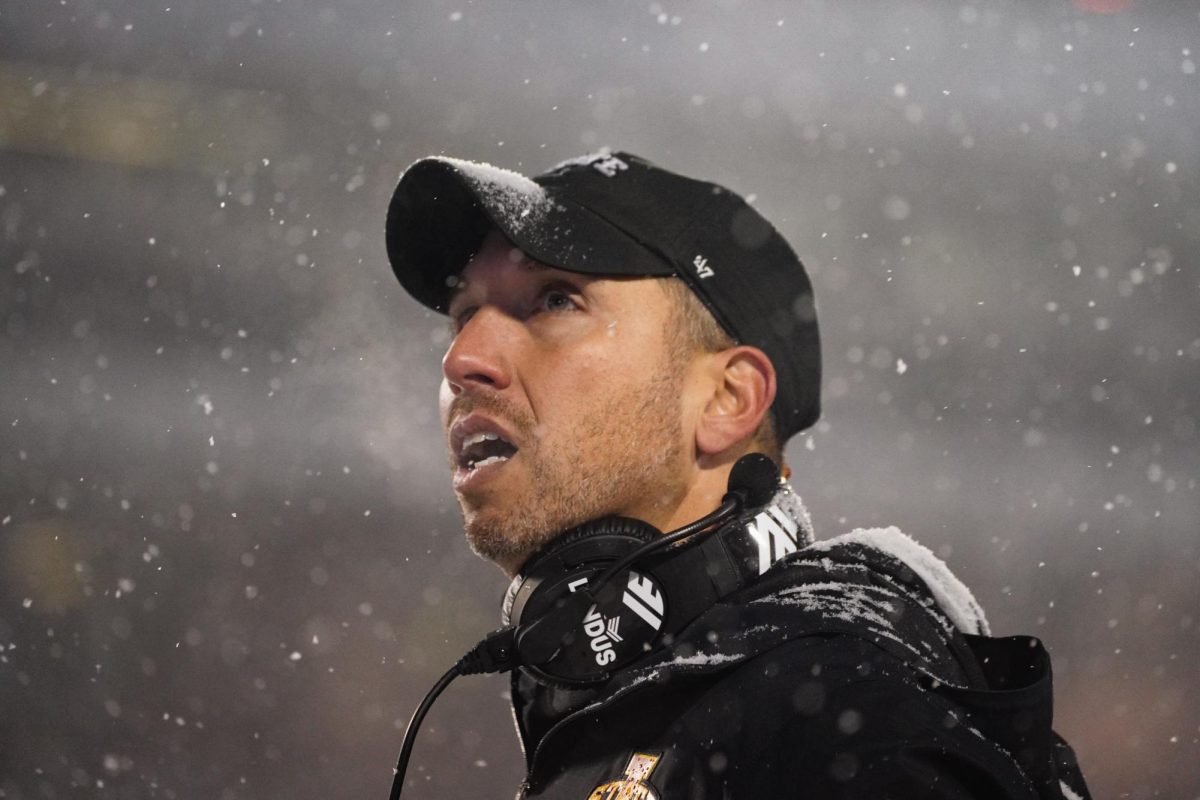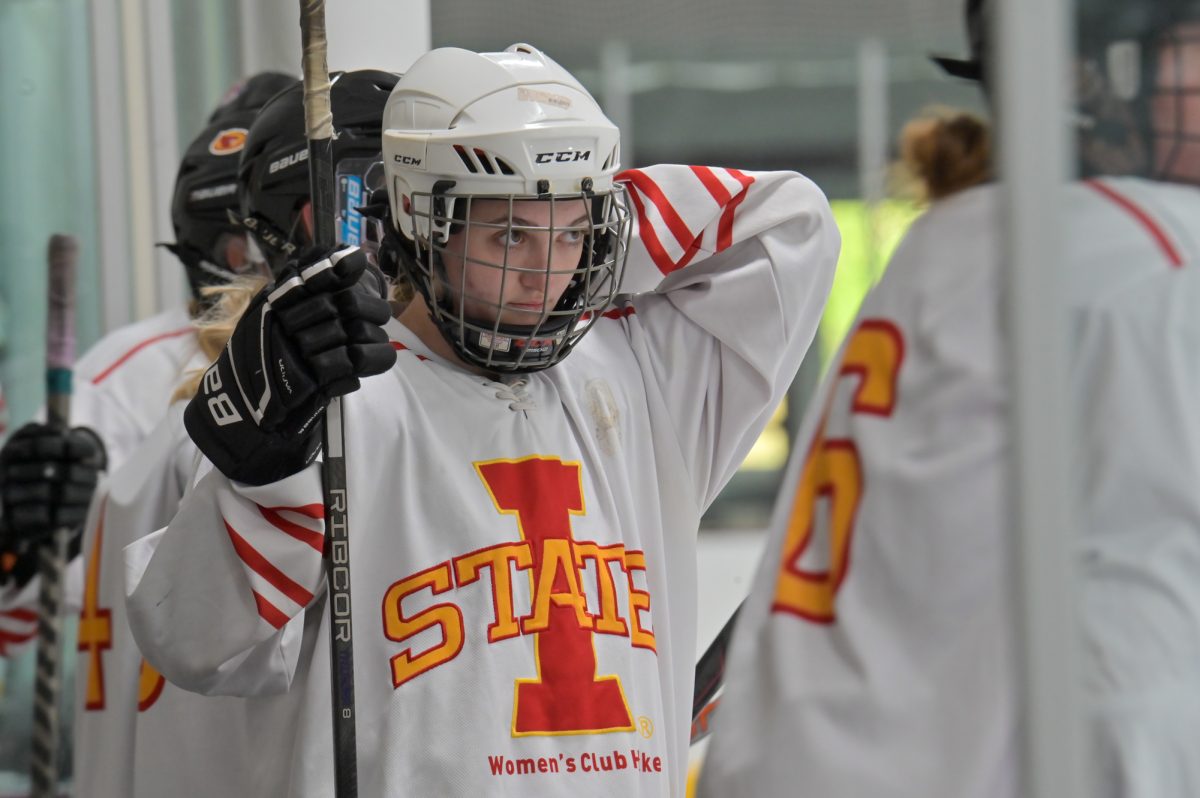Faculty resigning at highest rate since 1990, report says
February 8, 2001
ISU faculty members are resigning at the highest rate since 1990, according to a report from the state Board of Regents. Brenda Behling, personnel specialist for the provost’s office, said 45 faculty members resigned in the 1999 to 2000 fiscal year. Behling said although this seems like a large number, she wouldn’t consider it a problem at this point.”This is an issue that should be looked at, but I wouldn’t consider it a significant increase,” she said. “Comparing the numbers to the past two years, it isn’t that big of a change.” Forty-two faculty members resigned in the 1997 to 1998 fiscal year, and 39 resigned from 1998 to 1999. The provost’s office will not know how many 2000 to 2001 faculty members will retire until this summer. Since 1994, the provost’s office has conducted a survey of resigning faculty to determine the reasons given most often for leaving. Each faculty member fills out a questionnaire as part of the interview, she said. The past few years, reasons repeatedly given for leaving were to take a position with greater opportunities, to move to a private industry job or to move closer to a family member. Several faculty members also received promotions to administrative positions, Behling said. “The two major differences this year are more cases of faculty resigning due to unemployed spouses, and members moving into private industries,” she said. Lack of employment opportunities for a spouse or partner may also be the biggest issue for faculty members. Behling said some faculty members resigned to take a position at a university where their spouse could also find work nearby.David Holger, associate dean of engineering, also stressed the employment problems faculty members and their spouses face. Holger said the College of Engineering had 13 faculty members resign last year. “For a dual-career couple, a smaller community like this presents less opportunities,” he said. “It’s hard to find a match for the second person.”Holger said this isn’t the result of a lack of cooperation or trying on the part of the university but simply a lack of good opportunities.”They try very hard through the Office of the Provost, but if the opportunities aren’t there, you can’t just split a family,” he said.Holger said technology fields have an exceptionally hard time retaining faculty members, because the “fields are really hot.” There is an increasing demand for people skilled in computer and electrical engineering, and it is hard to keep up with market pay. “It’s not just universities — outside industries offer so many opportunities, it makes it hard to keep good people,” he said. Holger said although the numbers of people leaving are high compared to past years, things have to be kept in perspective.”Thirteen faculty members is really only about 5 percent of our staff,” Holger said. “That is quite minuscule on the whole.” Behling said she doesn’t feel the large number of faculty leaving has affected class scheduling, but the provost’s office is taking steps to prevent this from repeating next year. The provost’s office is developing a plan to supply resources and aid in employment and retention of faculty’s spouse or partner, Behling said.






